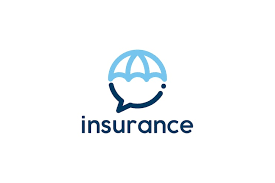⚖️ Mainstream Islamic Opinion: Conventional Insurance Is Generally Considered Haram
Many traditional Islamic scholars argue that conventional (commercial) insurance is haram because it involves:
- Gharar (excessive uncertainty) – You pay premiums without knowing if or when you’ll receive anything in return.
- Maisir (gambling) – The outcome is based on chance, and one party may gain at the unfair expense of another.
- Riba (interest) – Most conventional insurance companies invest funds in interest-based financial instruments, which are prohibited in Islam.
Verdict: Conventional insurance is typically considered not permissible by conservative scholars and fatwa councils (e.g., the Islamic Fiqh Academy).
✅ Takaful: The Halal Alternative
What Is Takaful?
Takaful is an Islamic insurance system based on mutual cooperation, shared responsibility, and Shariah-compliant investing.
- Participants contribute to a shared pool (tabarru’).
- Claims are paid from this pool—not from a profit-driven company.
- Surpluses (if any) are distributed to participants, not shareholders.
- Investments are made in halal (interest-free) assets only.
Verdict: Most scholars agree that Takaful is halal, as it avoids the key Islamic prohibitions.
🔍 Example: In Pakistan
- Halal (Shariah-compliant) insurance is available via companies like:
- Pak-Qatar Takaful
- Jubilee Takaful
- EFU Takaful
- Salam Takaful
- These firms are regulated by SECP and have Shariah boards overseeing compliance.
🧠 Summary Table
| Insurance Type | Halal or Haram? | Why? |
|---|---|---|
| Conventional Insurance | 🟥 Generally Haram | Involves gharar, maisir, and riba |
| Takaful (Islamic) | ✅ Halal | Based on mutuality, cooperation, no riba |
📌 Final Thought
If you’re concerned about Islamic compliance, opt for a Takaful plan rather than conventional insurance. Always check if the company is certified by a recognized Shariah advisory board.

